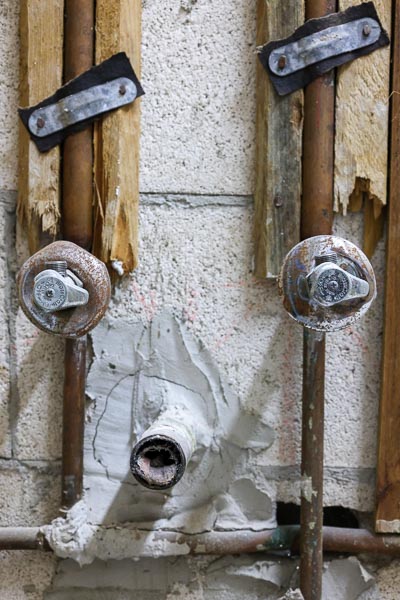In one of the Hornblower novels, set in the early 1800s, the protagonist is staying in a hotel. Thinking about the bill he is going to have to pay on checking out, he realizes that there is going to be a significant item for ‘light’…ie, candles. I believe this is historically accurate–candles were expensive enough that they could not just be given away free with the room.
Whereas for most of the last 100 years in America, you could just turn on the lights in your hotel room without worrying about what the added charge on your bill was going to be. And–much more significantly in terms of energy use–you could adjust the heater or air conditioner to suite your temperature preference, again without worrying about added charges.
With the unrealistic energy plans of the Biden administration and of most European governments, such luxuries may soon be a thing of the past. I doubt that you will actually have to pay extra for keeping the lights on, but it’s entirely possible that you may have to pay extra if you want it cooler than, say, 78 degrees in summer or warmer than 64 degrees in winter–perhaps with those thresholds adjusted according to the balance of total grid power demand and availability, so that an extreme air-conditioning surcharge kicks in at 88 degrees on an especially hot and windless day.
And not just in hotels. It’s likely that stores, restaurants, etc will get significantly cooler in winter and warmer in summer. And unless you can afford to not worry about your electricity bill very much, you will likely have to adjust your home temperatures to fit the current supply/demand profile on the grid–indeed, in some jurisdictions, it may be prohibited to violate the required limits no matter how much you are willing to pay. (With likely exceptions for certain ‘public servants’.)
Above and beyond the impact on individual citizens and families, you can expect that many kinds of energy-dependent businesses, especially manufacturing businesses, will become increasingly uncompetitive in the US. Again, there will likely be an exception for certain politically-well-connected businesses. But overall, expensive US energy will likely drive a new wave of offshoring.
And I haven’t even talked about transportation.
The above is not carved in stone, of course, there is still a good chance to escape it, as people begin to perceive (from experience) the realities behind all the idealistic talk, theories, and harangues. But it will be a close-run thing.
